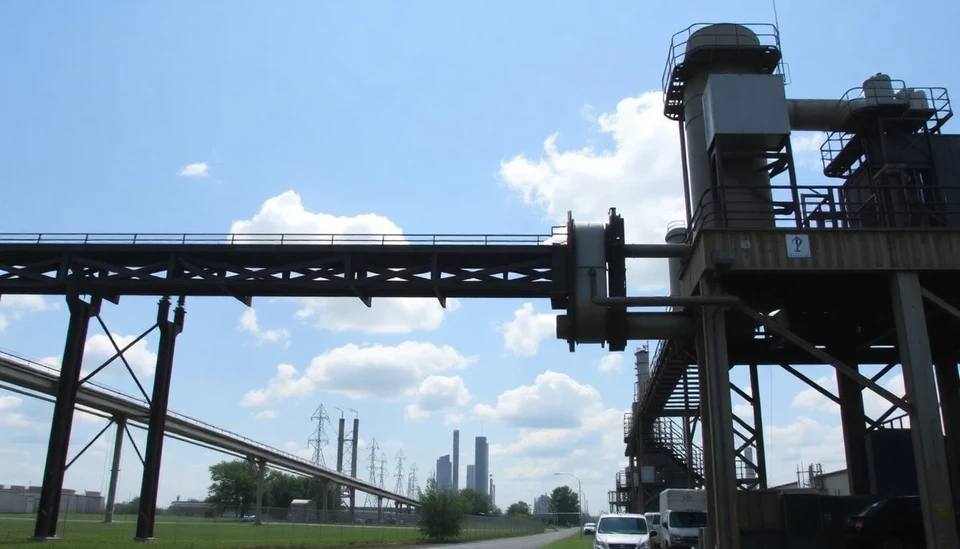
The oil and gas landscape in Houston is facing significant shifts as one of its oldest refineries is set to close its doors. This decision, stemming from a combination of economic pressures and evolving energy policies, marks a pivotal moment for the city, setting the stage for transformations that may ripple through the entire industry. The impending closure highlights not just the fate of the refinery itself but also reflects broader trends impacting the future of petroleum refining in the region.
Owned by the oil giant Chevron, the refinery has been a staple in the Houston area for decades, representing a cornerstone of the local economy and job market. However, Chevron has decided to shutter operations at the facility in an effort to pivot towards a more sustainable energy future. This refinery's shutdown is emblematic of a larger trend within the industry as companies reconsider their infrastructure in light of decreasing demand for traditional fuels and increased pressure to reduce carbon emissions.
The decision to close the Houston refinery comes amid rising operational costs, regulatory hurdles, and a growing shift in consumer preferences towards cleaner energy sources. As state and federal governments intensify their regulations on carbon emissions and promote renewable energy initiatives, refineries across the nation are compelled to reevaluate their business models.
This closure is unlikely to be an isolated event. Industry experts are predicting more refineries may follow suit in the coming years, especially those that rely heavily on outdated processes or whose profit margins have been squeezed by global market fluctuations. The historical reliance on oil as a primary fuel source is giving way to innovations in electric and alternative fuel technologies, signaling a significant transition within the energy sector.
Moreover, the closure raises important questions about job security and economic stability for the local workforce. While Chevron has promised to provide transitional assistance to affected employees, many in the community remain concerned about their future. The impact of this closure will likely extend beyond the immediate jobs lost, influencing local businesses that support the refinery and its employees.
As Houston grapples with the implications of this significant refinery shutdown, stakeholders in the energy sector are called to rethink their strategies and adapt to changing realities. The landscape is evolving, and the city’s identity as a historic oil hub may find itself at a crossroads, prompting a search for new avenues in the burgeoning energy economy.
The implications of this closure resonate well beyond Houston. It serves as a stark reminder that the energy transition is not just a theoretical discussion but a very real shift underway that will reshape not only energy production but also economic realities, job markets, and environmental policies across the nation.
In conclusion, as Houston's oldest refinery prepares to close, it symbolizes the rapid evolution of the energy sector and the urgent need for adaptation in the face of mounting challenges. The future of energy has arrived, and it beckons for a cohesive approach that embraces both technological advancements and environmental stewardship.
#HoustonRefinery #EnergyTransition #Chevron #SustainableFuture #OilAndGas #RefineryClosure #CleanEnergy #JobMarket #HoustonJobs
Author: John Harris




